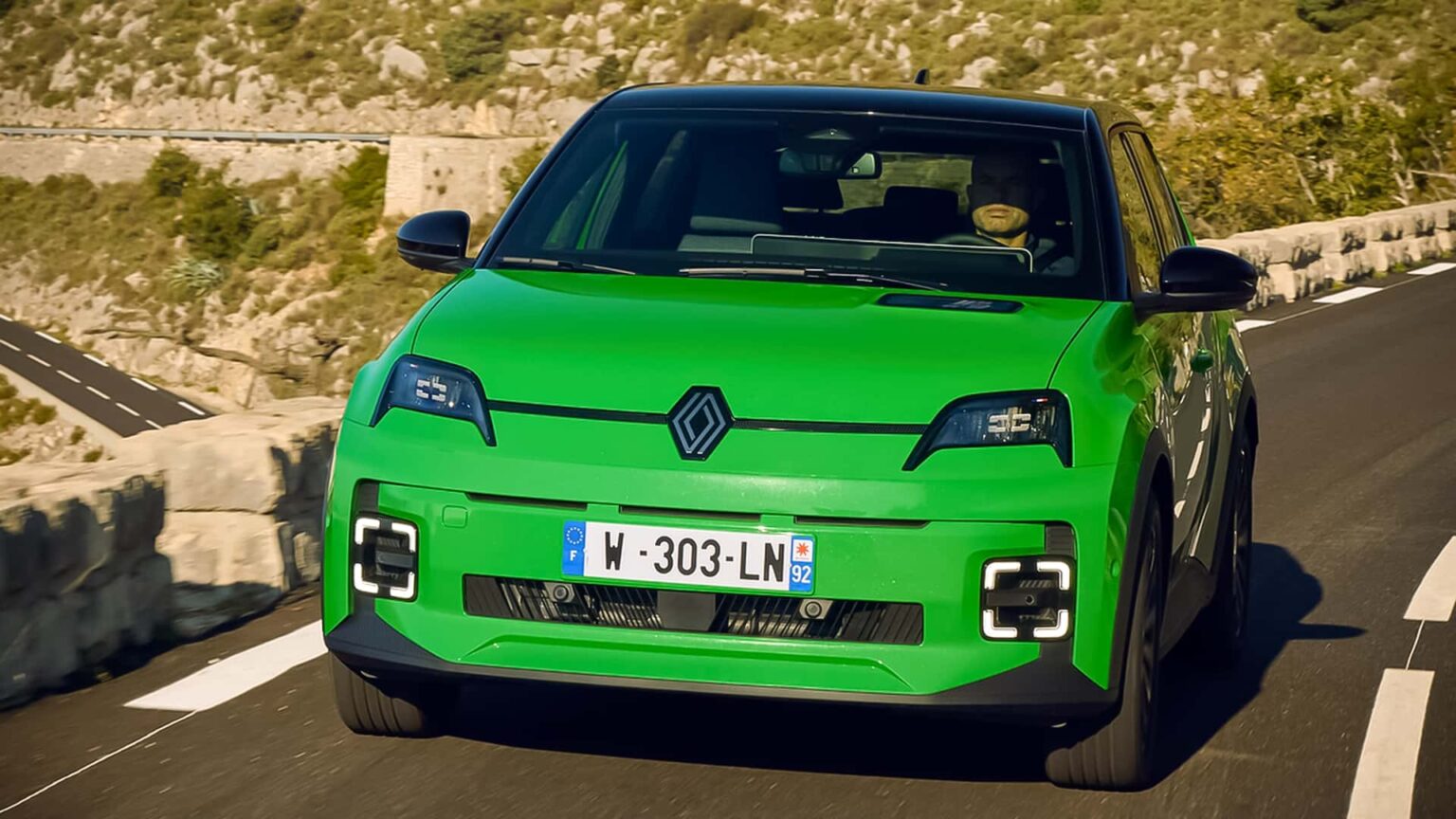With 14 car brands under its corporate umbrella, Stellantis is already an automotive juggernaut. Renault isn’t exactly small either, considering it owns the sports car brand Alpine and the budget automaker Dacia. Despite reports suggesting a potential tie-up, the two aren’t looking to join forces. Speaking at the Financial Times’ “Future of the Car Summit” in London, Stellantis Chairman John Elkann (cited by Reuters) stated: “We are not discussing any merger.”
That’s hardly a surprise. Stellantis has enough to worry about as it is. Carlos Tavares resigned in December 2024, and the company has yet to name his successor. According to a new Automotive News report, Americas boss Antonio Filosa is the leading candidate to take the reins, with an official announcement expected in the coming weeks.
The new CEO will face significant challenges as Stellantis manages several underperforming brands. Chrysler is a shadow of its former self, while Lancia’s revival falls short of expectations. There’s also DS Automobiles, a French luxury brand into which the company continues to pour money without tangible results. Abarth’s move to go fully electric raises concerns about its future. In short, Stellantis has more pressing priorities than handling a massive merger.
Stellantis itself was born from a merger, formed in early 2021 when FCA and PSA joined forces to become a single entity. Partnering with Renault would have effectively turned Peugeot and Citroën from rivals into allies. Looking at this hypothetical situation from another angle, a Stellantis-Renault alliance could have led to more European cars in the United States. Still, even if a merger is off the table, Alpine is coming to North America later this decade.
A potential merger between Stellantis and Renault would have been further complicated by Renault’s existing ties to Nissan and Mitsubishi, both of which are struggling. Since Stellantis already has its hands full managing so many brands, it’s understandable that Elkann dismissed merger rumors.
Stellantis faces challenges exacerbated by a 12-percent drop in shipments in 2024 due to “temporary gaps in product offerings.” As for the Renault Group, all three brands posted higher sales last year: Renault rose 1.8 percent to 1,577,351 vehicles, Dacia increased 2.7 percent to 676,340 units, and Alpine climbed 5.9 percent to 4,585 units.
Although a merger isn’t happening, the two companies share a common concern. Stellantis Chairman John Elkann and Renault CEO Luca De Meo agree that small cars must survive in Europe. However, they’re concerned that increasingly strict emissions regulations are making gas-powered city cars unprofitable. This is a real concern, also echoed recently by the Volkswagen Group. We’ve already lost the Ford Fiesta, and the Focus is next, with more likely to follow if legislation doesn’t change.
While the European Union recently gave automakers more time to comply with emissions targets effective in 2025, the rules will become even stricter by 2030. Just five years later, the sale of new cars with harmful emissions will be banned entirely in the EU.
Source:
The Financial Times via Reuters
Read the full article here



